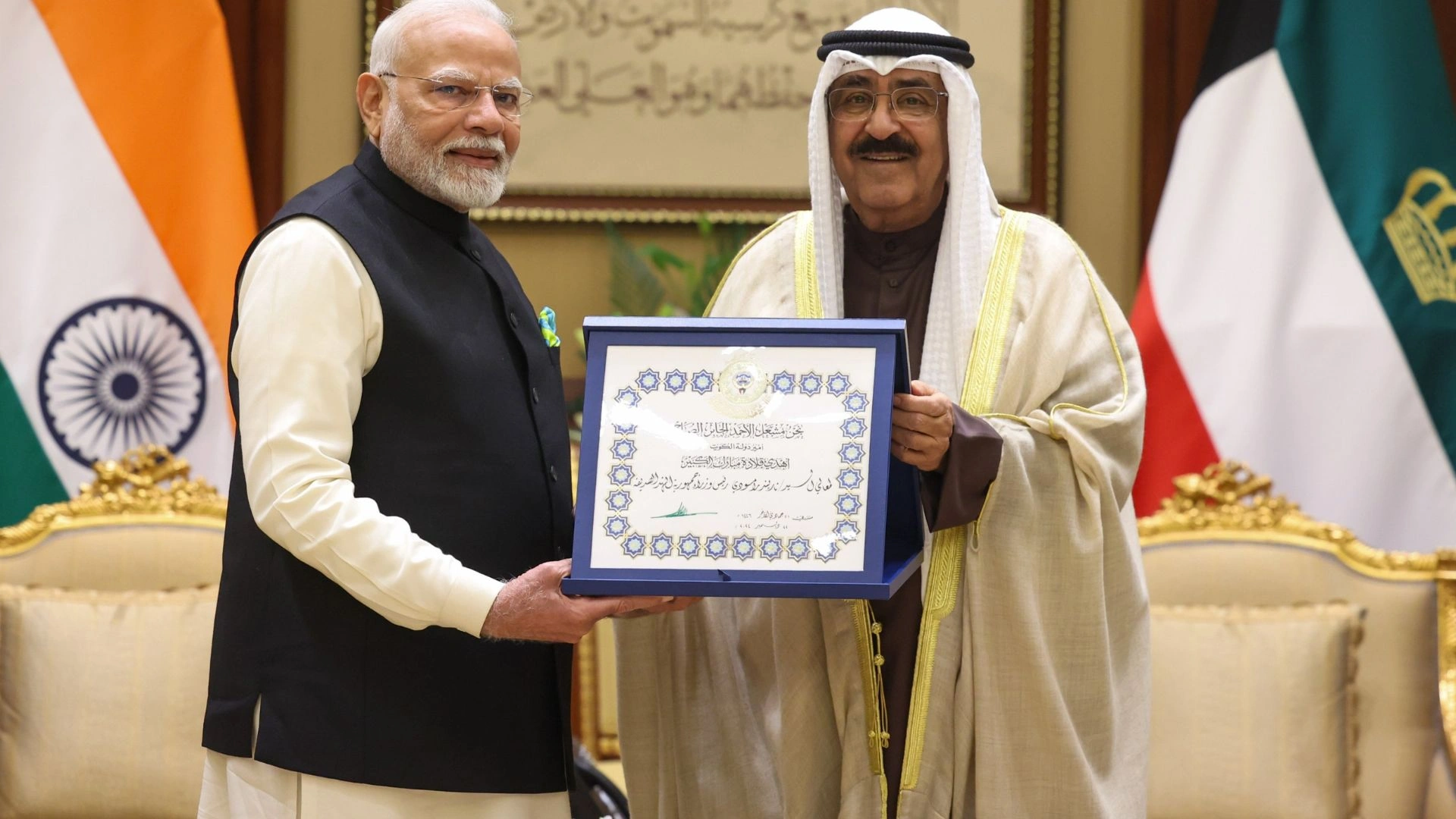On July 26, India commemorates the 25th anniversary of Kargil Vijay Diwas, marking the day when Indian Army troops reclaimed all posts in Kargil from Pakistani forces, ending a conflict that began in May 1999. This significant day is dedicated to honoring the valor of the soldiers who fought bravely during the Kargil War.
Among the many heroes of the Kargil conflict, Captain Vikram Batra stands out for his exceptional bravery and leadership. His famous slogan, “Yeh Dil Maange More,” has become a symbol of the war’s indomitable spirit and continues to resonate with people across India.
The Origin of the Slogan
The slogan “Yeh Dil Maange More” was first popularized in 1998 through a Pepsi advertisement. The campaign, featuring a young Shahid Kapoor and stars from the film Kuch Kuch Hota Hai—Shah Rukh Khan, Rani Mukerji, and Kajol—was crafted by Anuja Chauhan at JWT. This tagline was an Indian adaptation of Janet Jackson’s “Ask For More” campaign for Pepsi. It quickly gained popularity, especially among the youth, and became a part of everyday vernacular in India.
Rohit Ohri, former head of Pepsi’s communication at JWT, praised the slogan, stating, “‘Yeh Dil Maange More’ had more heart than the other slogan. This was because ‘Ask for more’ was more about asking for more of a drink and ‘Yeh Dil Maange More’ was more about wanting more from life and thus had a deeper and richer meaning,” he told Business Standard in 2018.
The Legacy of Captain Vikram Batra
The phrase gained national significance during the Kargil War thanks to Captain Vikram Batra, who was later honored with the title ‘Shershah’ for his extraordinary courage. Originally from Bandla Gaon in Himachal Pradesh, Batra had initially planned to join the Merchant Navy but decided to enlist in the Indian Army, joining the 13 JAK Rifles.
When the Kargil conflict erupted, Batra’s battalion was deployed to Dras. Among his many accomplishments, one of the most notable was his successful assault on Point 5140 on the Tololing Ridge, a strategic and challenging peak. On June 19, 1999, Batra led his troops up a perilous route to surprise the enemy, hurling grenades and engaging in close combat, despite severe injuries.
After capturing the peak, Batra radioed his command post at 4:35 a.m., uttering the now-iconic words, “Yeh Dil Maange More.” He explained in an interview with NDTV’s Barkha Dutt, “My company’s success signal was ‘Yeh Dil Maange More’. The guys were so highly charged up that they wanted that more bunkers should have been there and we would have got more chaps.”
I’m often asked which assignment has shaped me most-my answer always- the privilege to report the Kargil war. On #KargilVijayDiwas goosebumps to this day recalling Vikram Batra saying Yeh Dil Maange More’ to me & here- a trip to Kargil with his twin Vishal https://t.co/AIsbzqZ4rT
— barkha dutt (@BDUTT) July 26, 2022
Batra’s inspiring words became a rallying cry for the Indian forces, symbolizing their relentless pursuit of victory. His unit continued to secure other positions, including Peak 4875, where Batra made the ultimate sacrifice. On July 7, while rescuing an injured officer, Batra was fatally wounded. Despite his death, the capture of Peak 4875 marked a turning point in the war.
Recognition and Legacy
For his remarkable bravery, Captain Batra was posthumously awarded the Param Vir Chakra, India’s highest military honor, on August 15, 1999. His father, GL Batra, received the award from then-President KR Narayanan.
As India observes Kargil Vijay Diwas, the nation remembers Captain Vikram Batra not only for his heroism but also for how his spirit and the slogan “Yeh Dil Maange More” have come to embody the courage and resolve of the Indian armed forces. The victory in Kargil would have been incomplete without the valor of such heroes. Long live their bravery and sacrifice!
READ MORE: PM Narendra Modi To Honor Heroes At Kargil War Memorial Today


















